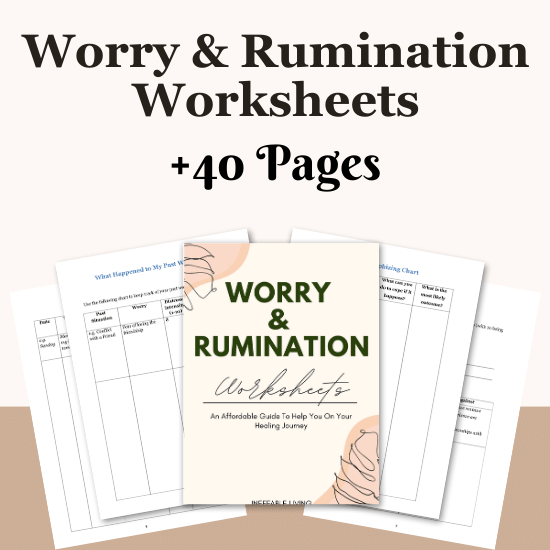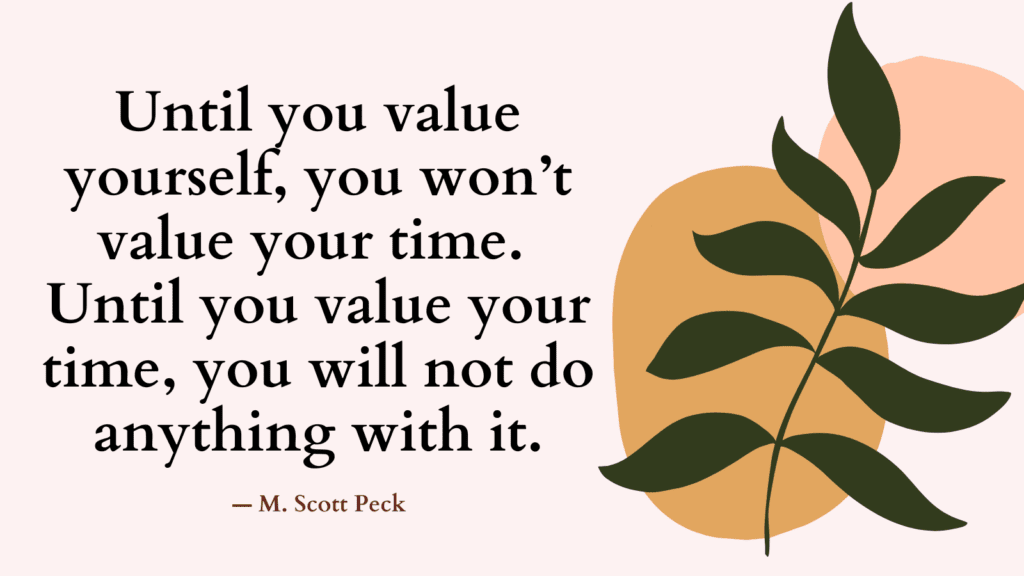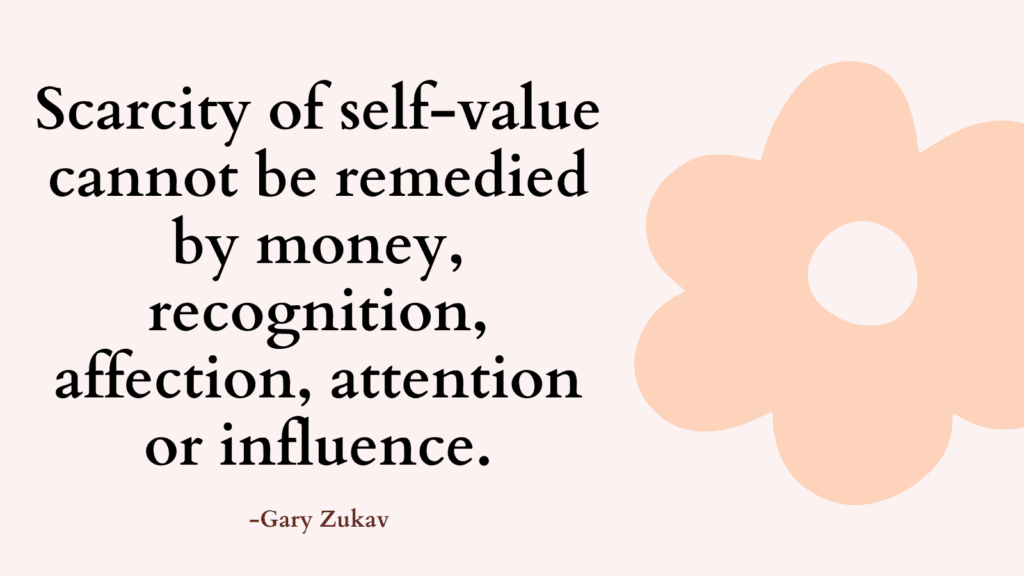This post contains some of the best acceptance affirmations.
Acceptance Affirmations
Here are 50 acceptance affirmations that you can use to promote self-acceptance and emotional well-being:
1. I accept myself unconditionally, just as I am.
2. I embrace my strengths and acknowledge my areas for growth.
3. I am worthy of love and respect, both from myself and others.
4. My imperfections make me unique and valuable.
5. I release the need for perfection and embrace my authentic self.
6. I let go of self-judgment and replace it with self-compassion.
7. I honor my emotions and allow myself to feel without judgment.
8. I accept the past as a part of my journey, but it does not define my future.
9. I forgive myself for any mistakes or shortcomings, knowing that I am constantly evolving.
10. I am enough, just as I am in this moment.
11. I welcome change and growth, knowing it is essential for my personal development.
12. I release the need to compare myself to others and focus on my individual path.
13. I trust in my abilities to overcome challenges and find solutions.
14. I accept the ebb and flow of life, understanding that it brings both joy and challenges.
15. I embrace my uniqueness and celebrate what sets me apart from others.
16. I let go of the need for external validation and find validation within myself.
17. I am deserving of happiness, success, and fulfillment in all aspects of my life.
Related: Top 7-Day Acceptance Challenge For A Peaceful Life
18. I acknowledge my worthiness of positive experiences and relationships.
19. I release the burden of carrying others’ expectations and focus on my own aspirations.
20. I accept and appreciate my body for all that it allows me to experience in life.
21. I trust in my intuition and honor the wisdom that lies within me.
22. I am open to receiving love, kindness, and support from those around me.
23. I accept the lessons that come from difficult experiences and use them for personal growth.
24. I release the need to control every outcome and embrace the uncertainty of life.
25. I accept myself as a work in progress and celebrate the journey of self-improvement.
26. I let go of the fear of failure and trust in my ability to learn and adapt.
27. I accept that I am constantly evolving and unfolding into the best version of myself.
28. I release the weight of past regrets and choose to focus on the present moment.
29. I accept that vulnerability is a strength and allows for authentic connections with others.
30. I embrace my emotions as essential messengers that guide me through life.
31. I release the need to please everyone and prioritize my own well-being.
32. I accept the complexity of my thoughts and feelings without labeling them as good or bad.
Related: Best 7 Books On Detachment
33. I trust in the natural rhythm of life and surrender to moments of rest and rejuvenation.
34. I accept the power of setting healthy boundaries to protect my energy and needs.
35. I release the need to carry the burdens of others and focus on supporting them in healthy ways.
36. I accept that change can be uncomfortable, but it leads to new opportunities and growth.
37. I welcome diversity and appreciate the richness it brings to my life.
38. I release the need for immediate answers and trust in the process of self-discovery.
39. I accept the beauty of my own unique story and value its contribution to the world.
40. I embrace the unknown with curiosity and openness to new experiences.
41. I release the need to hold onto grudges and choose forgiveness for my own peace.
42. I accept that self-care is essential for my overall well-being and productivity.
43. I trust in the resilience of my spirit to navigate life’s inevitable challenges.
44. I release the need to constantly strive for more and find contentment in the present moment.
45. I accept the power of gratitude to transform my perspective and bring abundance into my life.
46. I embrace the process of self-reflection and learning from my experiences.
47. I release the pressure to be in control at all times and allow for flexibility and spontaneity.
48. I accept that asking for help is a sign of strength and wisdom.
49. I embrace the process of letting go of what no longer serves me for my highest good.
50. I accept the gift of the present moment and commit to living fully and authentically.
Repeat these affirmations daily, allow them to resonate deeply within you, and watch as they empower you to cultivate self-acceptance and emotional resilience.
Related: Best 6 Ways to Let Go of Wanting to Control Everything
How to Effectively Use Acceptance Affirmations?
Acceptance affirmations are powerful tools that can promote self-acceptance and emotional well-being.
By using these affirmations regularly, individuals can challenge negative self-talk, cultivate self-compassion, and embrace their authentic selves.
1. Identify Areas of Self-Struggle
Begin by identifying areas in your life where you tend to struggle with self-acceptance or harbor negative beliefs about yourself.
It could be related to appearance, achievements, relationships, or personal qualities.
Awareness of these areas will help tailor your acceptance affirmations accordingly.
2. Create Personalized Affirmations
Craft personalized acceptance affirmations that speak directly to your areas of self-struggle.
Focus on statements that challenge negative beliefs and promote self-compassion.
For instance, if you struggle with body image, an affirmation could be, “I embrace my body and appreciate its strength and beauty.”
3. Positive Language and Present Tense
Frame your affirmations in positive language and use the present tense to create a sense of empowerment.
Instead of saying, “I will accept myself,” say, “I accept myself unconditionally.”
This reinforces the idea that self-acceptance is already happening in the present moment.
Related: Rational Detachment – What Is It and How to Cultivate it
4. Make Them Specific and Realistic
Ensure that your affirmations are specific and realistic.
Rather than using broad statements like, “I am always perfect,” focus on statements that acknowledge your humanity and imperfections.
For example, “I embrace my unique qualities and let go of the need for perfection.”
5. Engage in Daily Practice
Set aside dedicated time each day to repeat and internalize your acceptance affirmations.
Find a quiet and comfortable space where you can focus on your thoughts.
Repeat your affirmations aloud or silently, allowing their meaning to resonate deeply within you.
Consistency is key, so establish a routine that fits into your daily schedule.
6. Visualize and Feel the Affirmations
As you recite your acceptance affirmations, visualize yourself embodying their truth and feel the positive emotions associated with them.
Connect with the desired feelings of self-acceptance, love, and compassion.
Visualization enhances the effectiveness of affirmations by creating a deeper emotional connection to the desired outcome.
7. Write Them Down
Write your acceptance affirmations in a journal or on sticky notes and place them in visible locations such as your bathroom mirror, refrigerator, or workspace.
Seeing these affirmations throughout the day acts as a reminder and reinforces their positive messages.
8. Affirmations During Challenging Moments
In moments of self-doubt, stress, or when facing challenging situations, take a pause and recite your acceptance affirmations.
Allow them to counteract negative thoughts and provide support during difficult times.
This will help reframe your mindset and promote self-compassion.
Related: Best 99 Coping Skills (+FREE Coping Worksheets)
9. Combine Affirmations with Self-Care Practices
Incorporate your acceptance affirmations into your self-care routine.
Engage in activities that promote well-being, such as meditation, yoga, deep breathing exercises, or journaling.
During these practices, repeat your affirmations, integrating them with self-care rituals to enhance their impact.
10. Monitor Progress and Reflect
Regularly assess your progress and reflect on how the acceptance affirmations are influencing your mindset.
Notice any shifts in self-perception, increased self-compassion, or improved emotional well-being.
Celebrate even small victories along the way, as they signify growth and positive change.
Related: The Difference Between Pain And Suffering (+Top 4 Tips On How To Embrace Pain & Stop Suffering)

Conclusion
By effectively using acceptance affirmations, individuals can foster self-acceptance, challenge negative self-talk, and promote emotional well-being.
Regular practice, combined with visualizing, feeling, and integrating affirmations into daily life, can lead to transformative results in promoting self-acceptance and nurturing a positive mindset.



